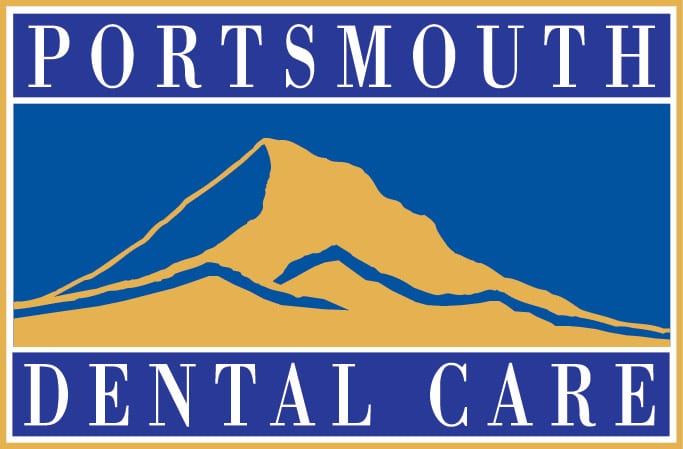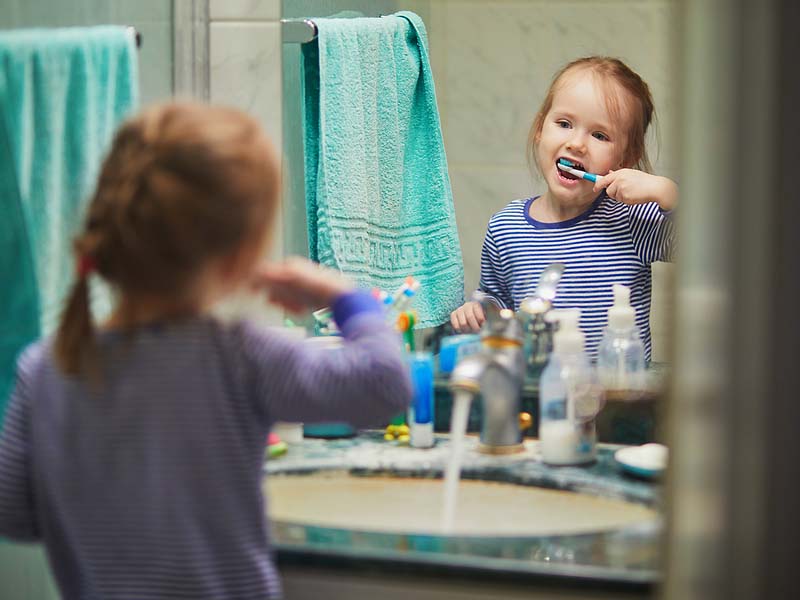
The Healing Magic of Fluoride
You probably know that bacteria are responsible for tooth decay. They feed on leftover sugar in your mouth, leaving behind plaque and acid that destroys the calcium and other minerals in your tooth enamel. This process is called demineralization, and it’s what leads to cavities.
However, there is another process called remineralization that actually helps strengthen your teeth by replenishing lost minerals. Saliva—which cleans your teeth—minerals from foods and drinks, and toothpaste all contribute to remineralization by counteracting the damaging effects of decay-causing bacteria.
Fluoride, the major active ingredient in toothpaste, is arguably the most important tool for preventing tooth decay and gum disease. You may have heard about fluoride in drinking water. Many communities in developed countries have chosen to put fluoride in their water supplies to fight tooth decay.
Fluoride replaces lost tooth minerals to form new ones that are actually more resistant to decay! You can think of these new tooth minerals as being “harder” than what was there before. Fluorapatite, the mineral formed by fluoride, is better at enduring acid from sugar-eating bacteria than your natural bone minerals.
While fluoride from toothpaste, water and food is usually enough to help prevent decay, some patients need extra fluoride. Children and patients with a higher risk of tooth decay benefit the most from regular in-office fluoride treatments. Fluoride applied at your dentist’s office is both stronger than and different from your average over-the-counter toothpaste. It comes in the form of a gel, foam or varnish that is applied to your teeth for several minutes. After your treatment is finished, you need to avoid eating or drinking for around 30 minutes to ensure the fluoride fully remineralizes and strengthens your teeth as much as possible.
As amazing as the protective power of fluoride is, we’d like to remind you that extra fluoride is not a substitute for coming to see us for your regular hygiene appointments! Drinking fluoridated water is good for your teeth, and using fluoride-based toothpaste is vital to your dental care, but nothing can replace an experienced dentist who can examine your teeth for any leftover plaque and tartar that you might have missed at home.
Appointments Before & After Work or School & on Saturdays & Sundays!
Request Online or Call Today!
Related Posts
Dry Mouth & Your Dental Health
It’s not uncommon to experience dry mouth, but did you know that it can affect your overall dental health? Fortunately, dry mouth alone is usually not a severe issue as long as it isn’t persistent.
Start Healthy Dental Habits at the First Tooth
Discovering your baby has their first teeth coming in is an exciting moment. Taking care of those teeth early on can keep you & your child excited about their smile for years to come.
Stop Teeth Grinding With These Techniques
Grinding your teeth, or Bruxism, can lead to increased wear on your teeth and, if bad enough, can result in the need for restorative care if wear results in chipped teeth or a misaligned bite. There are several techniques that you and your dentist can do to stop grinding.



